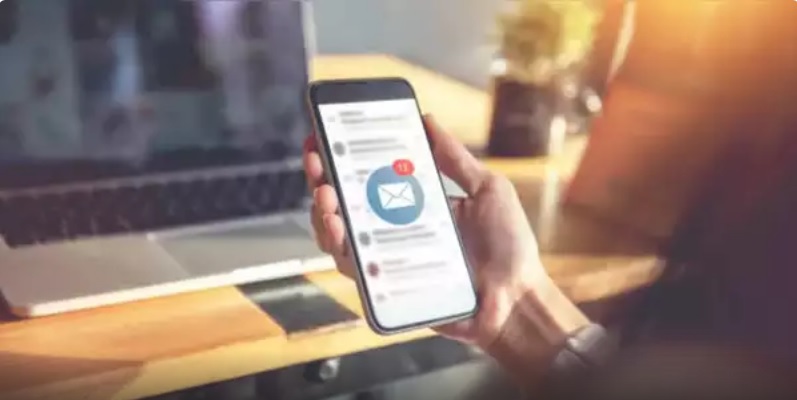Little did a 24-year-old man know that responding to a message informing about an unpaid electricity bill would cost his family over Rs 7 lakh. The victim’s mother had received a text message on her phone, informing about the unpaid electricity bill. She asked the victim to check the message, after which he called the ‘electricity officer,’ whose number was mentioned in the message. The ‘electricity officer’ induced the victim to download a remote access app on his phone and convinced him to make a transaction of Rs 140. Within a few hours, the victim’s mother lost Rs 7.07 lakh from her bank account in nine transactions.
Duped with the help of an app
According to the police, the complainant is a resident of Dombivali, and his mother has an account in a Byculla branch of a nationalised bank. On July 18, around 9 am, the victim’s mother had received a text message on her phone, informing her that her electricity bill had gone unpaid, and she could face disconnection of her residence’s electricity supply. She then informed the victim about the said message. The victim subsequently called the number of the ‘electricity officer’ provided in the message, who instructed the victim to download an app on his phone and pay Rs 140 to complete the process.
Unsuspectingly, the victim followed the instructions, only to realize later that Rs 7.07 lakh had been debited from his mother’s bank account. The victim then understood that he had been duped and approached the police to file a complaint. The police have registered a case under sections 66C (identity theft) and 66D (cheating by personation by using computer resources) of the Information Technology Act. The victim has also provided beneficiary account numbers in which the money got deposited to the police.
Here are some do’s and don’ts to avoid such incidents:
Do:
- Be suspicious of emails or text messages that ask for personal or financial information. These messages may appear to be from a legitimate source, such as your bank or credit card company, but they are often phishing scams.
- Never click on links in emails or text messages from unknown senders. These links may lead to malicious websites that can infect your computer with malware.
- If you are unsure whether an email or text message is legitimate, contact the sender directly by phone or through their website. Do not reply to the message directly, as this could confirm that your email address is active and lead to more phishing attempts.
- Keep your software up to date. Software updates often include security patches that can help protect your computer from malware.
- Use a firewall and antivirus software. These programs can help protect your computer from malware and other threats.
Don’t:
- Provide personal or financial information over the phone or through email if you did not initiate the contact.
- Click on links in emails or text messages from unknown senders.
- Download attachments from emails or text messages from unknown senders.
- Respond to emails or text messages that ask you to verify your personal or financial information.
- Use public Wi-Fi without a VPN. Public Wi-Fi networks are often not secure, and your data could be intercepted by a hacker.
By following these do’s and don’ts, you can help protect yourself from phishing scams and other online threats.
Here are some additional tips to help you stay safe online:
- Be aware of the latest phishing scams. There are many different types of phishing scams, so it’s important to stay up-to-date on the latest trends. You can do this by reading security blogs and articles, or by following security experts on social media.
- Use strong passwords and change them regularly. Your passwords should be at least 12 characters long and include a mix of upper and lowercase letters, numbers, and symbols. You should also change your passwords regularly, especially if you think they may have been compromised.
- Be careful about what information you share online. Don’t share your personal information, such as your Social Security number or date of birth, on social media or other public websites.
- Be careful about what apps you download. Only download apps from trusted sources, such as the Apple App Store or Google Play.
By following these tips, you can help protect yourself from online threats and keep your personal information safe.




